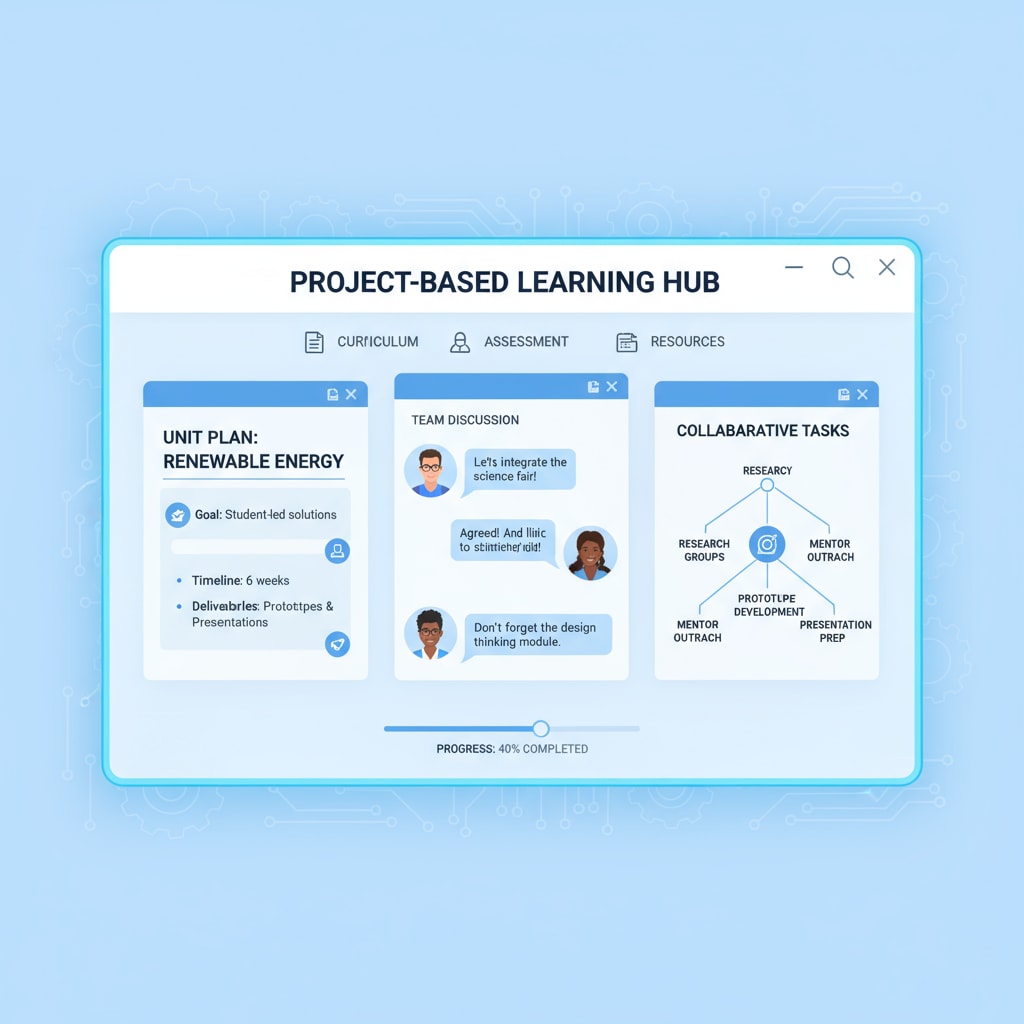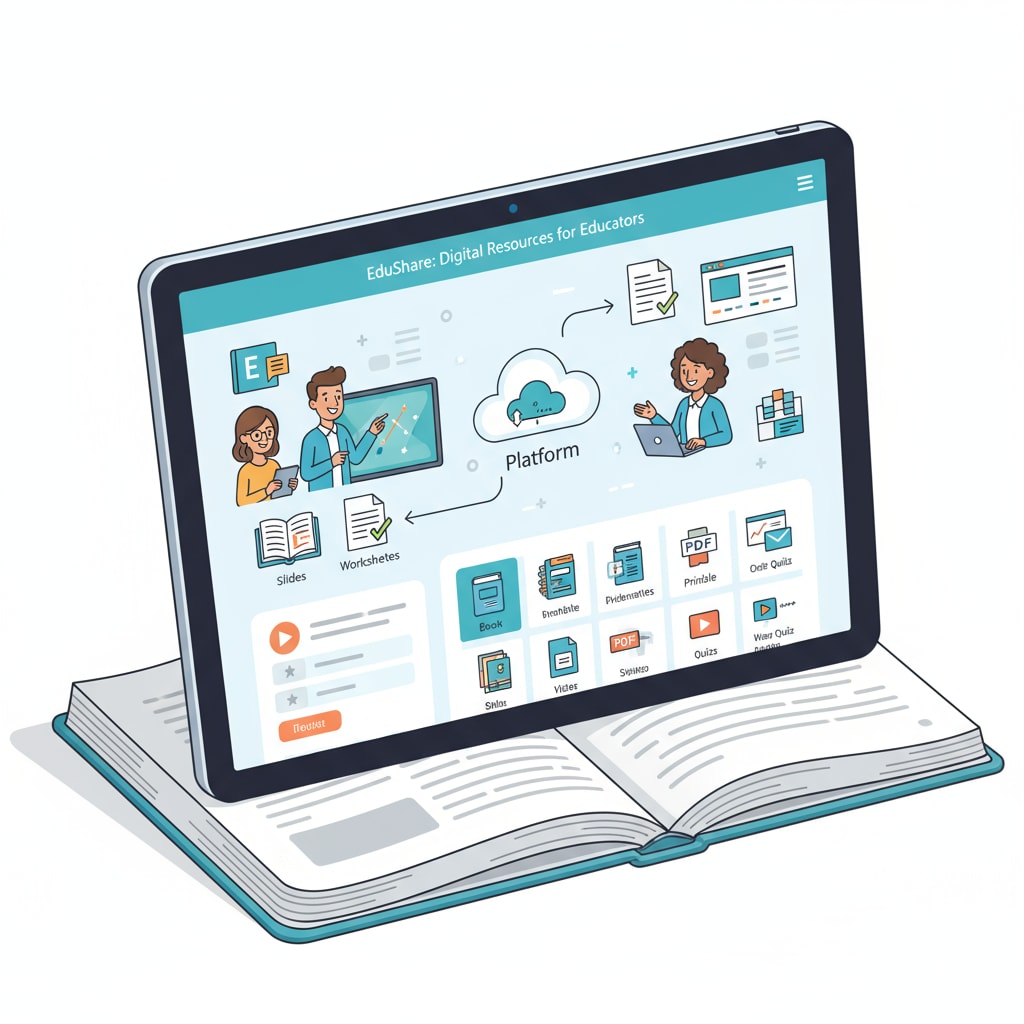In the era of educational transformation, project – based learning, teacher networks, and educational resource sharing have become essential elements in shaping the future of education. Teacher collaboration platforms are emerging as the linchpin in implementing effective project – based learning initiatives. These platforms serve as a hub where educators can come together, share valuable resources, and collaborate on designing engaging projects for students.

The Power of Educational Resource Sharing
One of the most significant advantages of teacher collaboration platforms is the ability to share educational resources. Teachers often have unique materials, lesson plans, and teaching strategies that can enhance project – based learning. For example, a teacher who has successfully implemented a science – based project can share their detailed lesson plan, including the materials needed, the step – by – step process, and the assessment methods. This not only saves time for other teachers but also ensures that students can benefit from a wider range of high – quality resources. As a result, the overall quality of project – based learning across different classrooms can be significantly improved. Educational resource sharing on Wikipedia

Collaborative Design for Engaging Projects
Teacher networks on these platforms also enable collaborative design of project – based learning activities. When teachers collaborate, they bring diverse perspectives, experiences, and expertise to the table. This collaborative approach allows for the creation of more innovative and engaging projects. For instance, a group of teachers from different subject areas can come together to design an interdisciplinary project. By combining their knowledge of history, science, and art, they can develop a project that encourages students to think critically and creatively. Through this collaboration, teachers can also learn from each other’s teaching styles and methods, further enhancing their own teaching skills. Educational design on Britannica
In addition to resource sharing and collaborative design, teacher collaboration platforms provide a space for sharing practice experiences. Teachers can discuss the challenges they face during project – based learning implementation, such as student engagement issues or difficulties in assessing complex projects. They can then exchange solutions and best practices, which helps in refining their teaching strategies. This continuous learning and improvement cycle ultimately lead to better – quality project – based learning experiences for students.
Readability guidance: As we have seen, teacher collaboration platforms are instrumental in promoting project – based learning through resource sharing, collaborative design, and experience exchange. These platforms empower teachers to create more effective learning experiences and cultivate students’ core competencies for the future. By leveraging the power of teacher networks and educational resource sharing, we are building a stronger foundation for the future of education.


